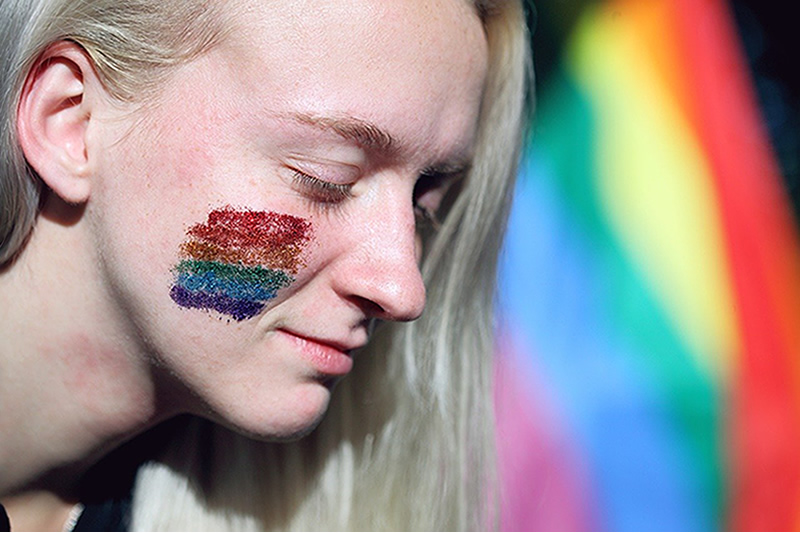

Europe's stand about LGBTQ rights and gay marriage


Switzerland is making changes in its administrative format after people demanded them to back same sex marriage. The government was forced to pass a referendum in the country on Sunday leading it one of the most historic days since the country’s foundation. But the most special thing about this referendum is that Swiss voters may have given birth to a new wave of change.
It has become an inspiration for other European countries, especially in Western Europe where other than Italy, all the other countries allow gay, lesbian couples to wed. Even though Western Europe is moving towards a progressive establishment, unfortunately, that is not the case with Central and Eastern Europe.
In countries like Hungary and Poland, the wedding of same sex couples may also lead to constitutional ban. The issue was highlighted by one of the activities of the LGBTQ rights activists, Katrin Hugendubel. The activist highlighted that not only the Swiss vote is a huge achievement for the country but it will also resonate across the border.
It is important to note that voters that heavily advocated for the LGBTQ rights did not necessarily belong to the group. This is what made all the difference for the government to take work on. They had to address the majority of the population, young, old, professionals, students and the rights groups.
Hence the government succumbed to the pressure of power and gave in. Other countries are yet to experience this level of advocacy for human rights.
Even Hugendubel stressed that they are hoping that the wave of transformation touches other countries as well as the institution of marriage should be open to everyone. But there is a long route that the wind of change has to travel to ensure human rights in Europe.
The first country to approve same-sex marriage was the Netherlands, who took this historic decision over two decades ago. Since then, 17 other countries have followed the same path as the Dutch government. The numbers are slowly increasing but the conservatism of Central and Eastern Europe is the biggest roadblock.
As per data shred by a think tank called the Council of Foreign Relations, nearly 10 countries in this particular regions have enforced a constitutional ban on gay marriage. Croatia, for instance, took a while to leaglise matters.
The Croatian administration the constitutional ban was enforced by 2013 but the following year, the parliament allowed civil partnerships due to the heavy protests of the previous decision. Czech Republic and Hungary also recognise same-sex partnerships but marriage is still not considered legal.
Keeping the community from giving them their rights is not the only torture they are put through. They are subjected to violence, discrimination, offences of various official levels and daily threats. Poland is one of the nations that had most such cases. People from over 100 Polish towns stressed on how they are being treated in the country. They sent repeated messages to the officials of the European Union demanding them to take some steps against these evil practices.
In 2019, countries like Armenia, Hungary, Poland and Russia banned LGBTI events with the fear of further disseminating the ‘same-sex ideology’. Same year, in London, a lesbian couple was attack on a public bus. This incident brought the atrocities in the region in public view.
Switzerland’s decision may prove to be a landmark as well as a wake up call for all the European governments.
At least six employees of the U.S. Agency for International Development (USAID) have been put under formal investigation for speaking…
Prince Harry's links to African charitable groups have come under considerable scrutiny after revelations of human rights abuses and internal…
April's unemployment rate in Canada reached 6.9%, the highest in the subsequent period since November 2024. Statistics Canada's data demonstrates…
In a major development, India and the United Kingdom have signed a new agreement providing solutions for Indian workers temporarily…
Former President Donald Trump is taking legal action to strike down one of the topics on the forgotten list of…
As U.S. retailers like Walmart and Costco pursue alternatives to Chinese and Bangladeshi suppliers due to rising tariffs, India's garment…
This website uses cookies.
Read More